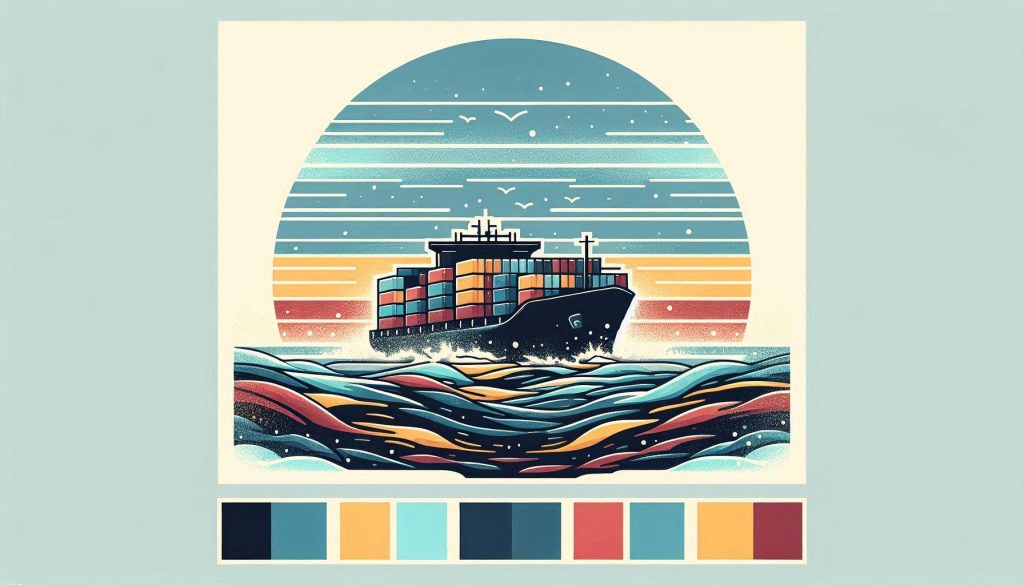June 27, 2025 – Beijing & Washington – After months of escalating tensions, China and the United States have agreed on a preliminary trade framework that—according to both sides—is designed to ease restrictions on critical exports and de-escalate a fraught tariff war.
What’s in the Framework
The deal, announced by President Trump and confirmed by China’s Ministry of Commerce, builds on earlier agreements in Geneva and London. Under the terms:
- China will accelerate the review and approval of export license applications for “controlled items” such as rare-earth minerals, crucial to U.S. industries including electric vehicles, electronics, semiconductors, aerospace, and defense youtube.com+15reuters.com+15apnews.com+15.
- The U.S. has pledged to lift or suspend certain “restrictive measures” and export controls targeting China moneyweek.com+6investopedia.com+6hindustantimes.com+6.
Commerce Secretary Howard Lutnick said the framework was “signed and sealed” earlier this week, though concrete details remain under wraps reuters.com+7apnews.com+7theaustralian.com.au+7.

Why This Matters
⚙️ Rare-Earth Criticality
Rare-earth elements—90% of which are refined in China—are vital for modern manufacturing. In exchange for renewed mineral access, Washington will drop restrictions on exports to China of items such as jet engines and ethane, critical to energy and manufacturing sectors theguardian.com+7wsj.com+7investopedia.com+7.
Tariff Cease-Fire
This framework represents a reapplication of the Geneva truce reached in May. It pauses ongoing tariff escalations until at least July 9, a deadline that may be extended to accommodate broader discussions hindustantimes.com+9theguardian.com+9washingtonpost.com+9.
Mixed Reactions from Observers
- Skeptics caution that this agreement merely reiterates earlier commitments and could leave the U.S. at a strategic disadvantage by trading national security goods for commodities politico.com.
- Optimists note that rare-earth access is critical for U.S. supply chains and China’s reciprocation could foster mutual economic stability timesofindia.indiatimes.com+15reuters.com+15theaustralian.com.au+15.

Underlying Uncertainties
Despite formal announcements, export licensing delays persist. Western manufacturers—particularly smaller non-state firms—report slowdowns or denials, raising concerns China may still use rare-earths as leverage wsj.com+1reuters.com+1.
Beijing has also imposed six-month time limits on rare-earth licenses granted in this window, preserving diplomatic leverage wsj.com.
Bigger Picture & Next Steps
- Global supply chains have responded positively, with Asian stock markets hitting three-year highs following the announcement theguardian.com+1timesofindia.indiatimes.com+1.
- Diplomatic groundwork continues: leaders in Washington, Beijing, and London are working toward high-level sign-off by Trump and Xi.
- The clock is ticking. This deal is a short-term truce. Both countries have until August—or possibly beyond—to forge a more comprehensive trade resolution wsj.com+1moneyweek.com+1.
🌐 Outlook: Beyond the Framework
While temporary relief from tariffs and export controls may avert an immediate economic slowdown, the broader conflict touches upon deep issues—technology transfer rules, non-tariff barriers, intellectual property rights, and national-security export controls. Both governments recognize that only a more robust, long-term accord—covering these fundamental issues—can bring true resolution.
In summary, this new framework provides a critical pause in trade tensions. It offers U.S. firms stepped-up access to rare-earths in exchange for scaling back controls on Chinese imports. Yet amid cautious optimism, many analysts underscore that the world remains in a “negotiation pause,” not a permanent peace.


